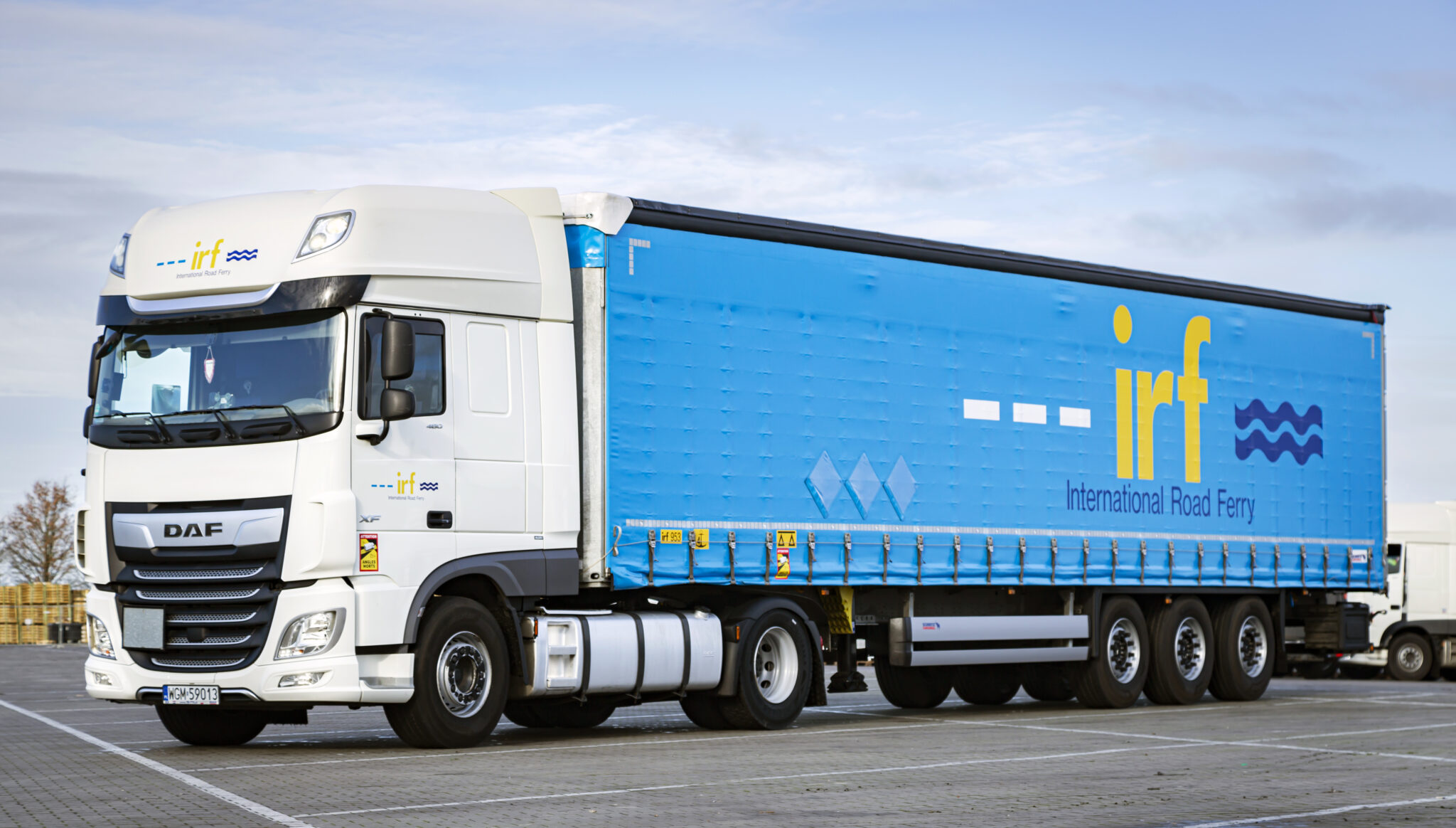The road freight logistics industry is on the brink of a revolution, driven by advancements in artificial intelligence (AI) technology, writes Luis Moreira-Matias, senior AI Director of sennder. As the world becomes increasingly digitized, businesses are recognizing the potential of AI in optimizing their operations. In road freight logistics, the AI revolution is imminent, and it is poised to bring significant benefits in terms of resources, cost savings, and societal expectations.
Resources: Embracing Automation in a Digital Era
Digitalization is the norm across various industries, and road freight logistics is no exception. With the rise of cloud computing and the collection of massive amounts of data, businesses have reached a tipping point. Manual processes no longer keep pace with information flow. Automation, facilitated by AI, is the logical next step to leverage the vast amounts of data for enhanced efficiency and decision making.
AI-powered systems analyse and process large volumes of data in real time, providing valuable insights that optimize supply chain operations. Predictive analytics anticipate demand patterns, enabling better inventory management and reducing the risk of stockouts. Machine learning algorithms continuously learn from historical data and adapt to changing circumstances, enabling better route planning and load optimization.
Cost: Driving Efficiency and Competitiveness
In an industry where profit margins can be razor-thin, companies must find ways to maximize efficiency and reduce costs. By harnessing the power of AI, road freight logistics companies optimize operations in several ways. Intelligent routing algorithms identify the most efficient routes, considering factors such as traffic conditions, fuel consumption, and delivery time windows. This reduces fuel costs and minimizes environmental impact by optimizing fleet utilization. Furthermore, AI enables proactive maintenance by analyzing sensor data from vehicles, identifying potential issues before they escalate into costly breakdowns.
The ability of AI to analyse vast amounts of data in real-time enables better pricing strategies and load matching. By considering factors such as cargo type, weight, and destination, AI systems efficiently match available trucks with suitable loads, maximizing capacity utilization, and reducing empty miles. This results in significant cost savings for both carriers and shippers, creating a win-win for the industry.
Social Expectations: Technology’s Growing Role
In today’s increasingly tech-savvy society, there is a growing expectation that technology will play a central role in various aspects of life, including businesses in operation-intensive sectors like road freight logistics. Automation and AI are no longer seen as futuristic concepts but rather as essential tools for driving progress and efficiency.
Businesses in road freight logistics must adapt to meet these changing societal expectations. Carriers and shippers are becoming more demanding, expecting automation and AI-driven solutions to streamline interactions and simplify processes. Automated tracking systems, intelligent chatbots for customer service, and AI-powered predictive analytics are just a few examples of the technological advancements in the industry.
Moreover, the adoption of AI in road freight logistics can have a positive impact on the workforce. By automating repetitive and mundane tasks, AI frees up human resources to focus on more engaging and intellectually challenging roles. This shift can lead to higher job satisfaction, and provide opportunities for upskilling and career advancement within the industry.
Conclusion
The AI revolution in road freight logistics is just around the corner, driven by the convergence of various factors. The digitalization of business operations, the need for cost optimization, and the growing societal expectations for automation and AI all contribute to the inevitability of this transformation. By embracing AI-powered solutions, road freight logistics companies unlock significant benefits, including enhanced resource utilization, cost savings, and alignment with societal expectations. As the industry evolves, those who fail to adapt may find themselves falling behind in the race for efficiency and competitiveness.



